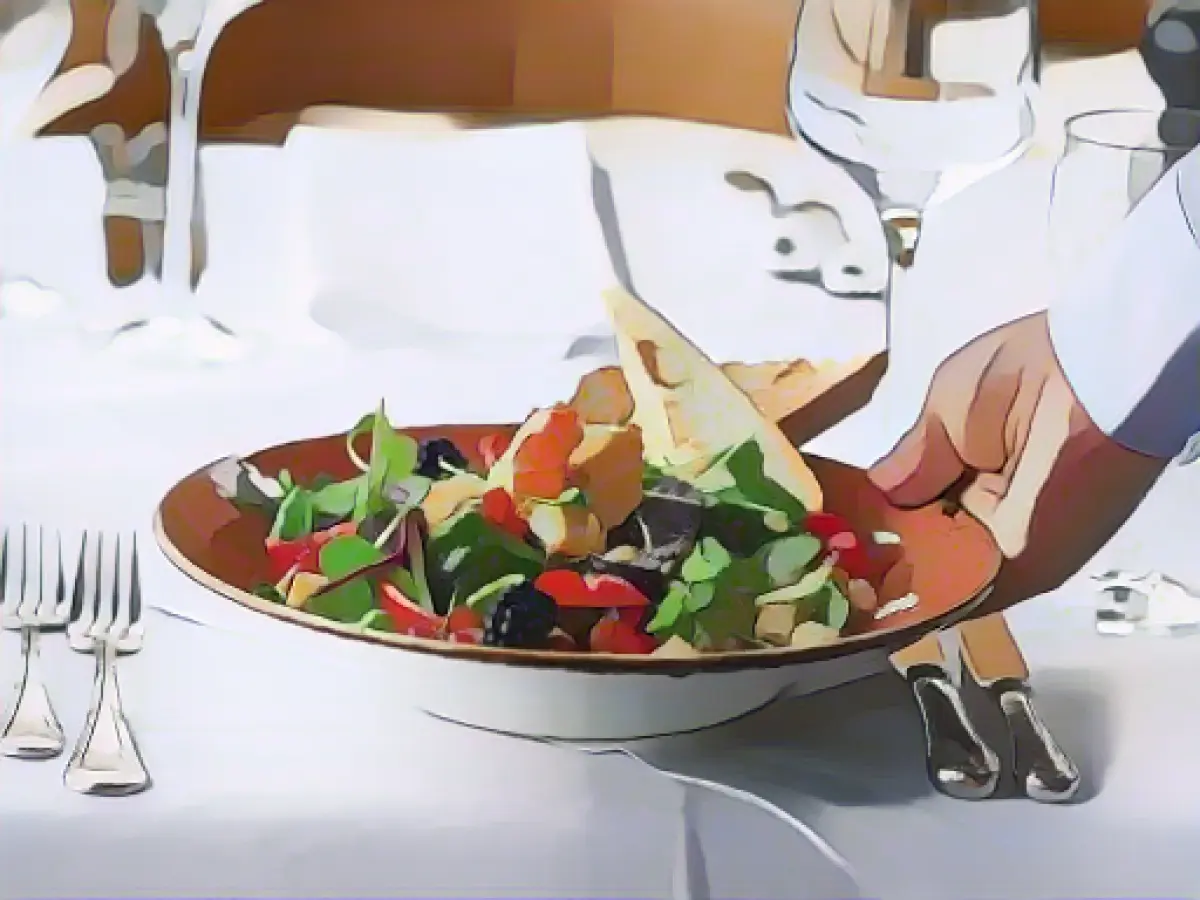The German Hospitality Association, Dehoga, in Rhineland-Palatinate, takes a strong stance against the planned restoration of the higher VAT rate on food in the catering industry. Gereon Haumann, the state president, denounces this move as a disastrous decision to "put the knife in the hospitality industry's back." He predicts a disturbing scenario of 750 to 1000 business closures in Rhineland-Palatinate alone, and approximately 12,000 nationwide. According to Haumann, this move will trigger price hikes, slumping sales, and enormous job losses.
On a related note, the Federal Constitutional Court declared the utilization of coronavirus loans for climate projects unconstitutional. This ruling creates a 60 billion euro hole in the funding of the federal government's climate projects. To alleviate the gastronomy sector during the pandemic, VAT on food in restaurants and cafes was temporarily slashed from 19% to 7%. However, the coalition government has reportedly agreed to a return to the 19% rate at the beginning of the year.
Dehoga's state president Haumann rails against the federal government for condoning "bankruptcies, job losses, and food price hikes" with this tax hike. Haumana's regional managing director, Anna Roeren-Bergs, advocates for fair taxes for all meals, regardless of location, even amidst tight budgets. Takeaways, supermarket meals, and delivery food are levied with a 7% tax rate. Roeren-Bergs cautions that the hospitality industry, plagued by corona, inflation, and escalating costs in all essential sectors, now bears the title of "an endless milking cow."
The Bundestag must ponder the repercussions of increasing VAT on the financial positions of the hospitality sector. This could potentially worsen job losses and closures, ultimately affecting household budgets due to the increased cost of eating out.
Enrichment Insights:
The repercussions of elevating VAT on food in restaurants and cafes in Germany, as criticized by Dehoga, can be inferred from the broader context of VAT changes worldwide:
- Burden on Consumers: Increased VAT on food could translate to higher dining-out costs for consumers, potentially leading to a reduction in spending on meals out.
- Disproportionate Impact on Middle and Lower-Income Groups: Similar to experiences in Bangladesh, where the VAT hike has a more substantial impact on middle and lower-middle classes, a rise in VAT on food in Germany could disproportionately affect these income groups.
- Competition and Pricing: To keep profits afloat, restaurants and cafes may need to revise their pricing strategies in response to a VAT increase, potentially making dining out more expensive and impacting the industry's overall competitiveness.
- Economic Consequences: The increased dining-out expenditures fueled by higher VAT rates could have broader economic implications, including a downturn in consumer spending and potential job losses within the hospitality sector. These effects could further impact tourist-reliant local economies.
- Revenue Generation: While a rise in VAT on food could generate income for the government, these revenues might not fully offset the economic challenges faced by the hospitality sector and consumers.








